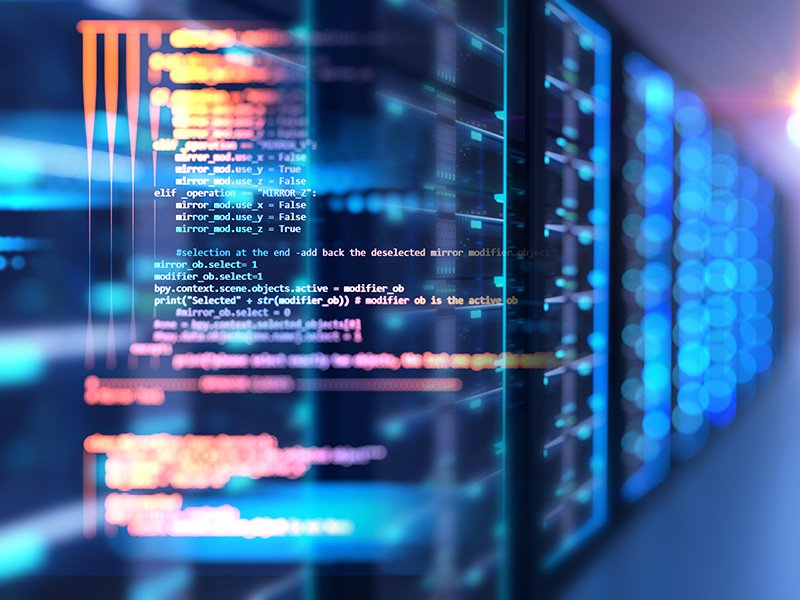Without urgent investment in building a sovereign capability in locally developed artificial intelligence tools, Australia risks ceding control of its strategic systems and technology to foreign Interests, a group of eminent scientists have warned.
An open letter from 14 of the nation’s leading experts on AI and robotics published on Wednesday called for the urgent development of national research and education strategies to build locally-owned and operated AI capacity.
The so-called Kingston AI Group, which includes professors from eight universities, says Australia must build a domestic pipeline of top AI talent in order to reduce the significant risks and maximise the potential economic and security benefits of this rapidly emerging technology.
“A failure to deliver the AI workforce Australia needs will harm our future economic growth, shrink our economic complexity, and weaken our sovereign control in key industry sectors,” the authors of the paper say.
“If done strategically, a major investment would result in Australia becoming one of the leading countries in AI.”

The group warned Australia faces a serious shortfall in AI skills, with the CSIRO estimating the local industry will need up to 161,000 new specialist AI workers by 2030.
Any national AI strategy must integrate its components from education to industry, a strategy that both grows the pipeline of skills and also the creation of Australian-owned and operated specialilst AI companies.
“If we stimulate interest in AI, but do not deliver the skilled workforce and technological advantage, all we will create is frustration,” the group says.
“If we build the skills but not our own industry, those skilled workers will go overseas – accelerating the tech brain drain.
If we create the world’s best regulation, but not an industry or expert skills of our own, our economic future lies in the hands of other nations and corporations,” it said.
“To have an influence in what future AI technology is deployed in Australia, and the impact it will have, we must take a leadership position today.”
The Kingston AI Group says Australia must build its own AI systems to service the nation’s unique needs through investment in both the software engineering skills and the entrepreneurial skills to an AI-enabled industry.
The creation of a sovereign AI capability had clear national security implications.
The strategy should also support Australian businesses to be early adopters and developers of AI to gain a global trade advantage.
It has also called for the protection of national datasets of sovereign importance to create Australian value.
“These are challenging economic and geopolitical times, but one of the most promising developments is the emergence of AI,” said UNSW Artificial Intelligence Institute chief scientist Professor Toby Walsh.
“Australia has an opportunity to invest strategically in this future, to ensure our children inherit a safer and more prosperous country,” he said.
The Kingston AI Group members are:
- Professor Joanna Batstone – Director of the Monash Data Futures Institute, Monash University
- Professor Peter Corke – Joint Director of the QUT Centre for Robotics, Queensland University of Technology (QUT)
- Professor Stephen Gould – Australian National University
- Emeritus Professor Richard Hartley – Australian National University
- Professor Anton van den Hengel – Director of the Centre for Augmented Reasoning, The University of Adelaide
- Adjunct Professor Sue Keay – Robotics Technology Lead at OzMinerals, and Chair of the Robotics Australia Group
- Professor Dana Kulic – Director of the Robotics Research Group, Monash University
- Professor Jie Lu – Director of the Australian Artificial Intelligence Institute (AAII), University of Technology Sydney (UTS)
- Professor Simon Lucey – Director of the Australian Institute for Machine Learning, The University of Adelaide
- Professor Michael Milford – Joint Director QUT Centre for Robotics, Queensland University of Technology (QUT)
- Professor Ian Reid – Australian Institute for Machine Learning, The University of Adelaide
- Professor Ben Rubinstein – Associate Dean (Research) Faculty of Engineering and Information Technology, University of Melbourne
- Professor Svetha Venkatesh – Co-Director of the Applied Artificial Intelligence Institute (A2I2), Deakin University
- Professor Toby Walsh – Chief Scientist of the Artificial Intelligence Institute, University of New South Wales (UNSW)
Do you know more? Contact James Riley via Email.

